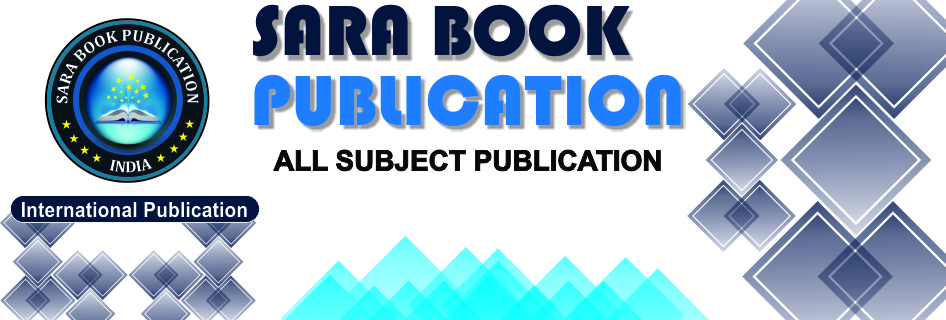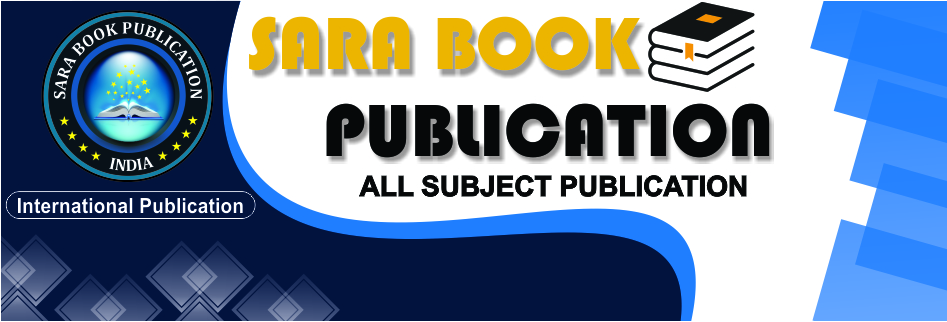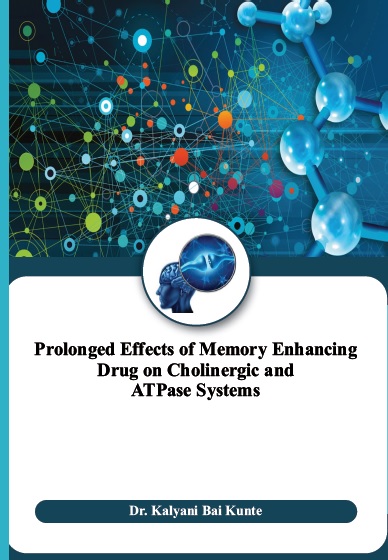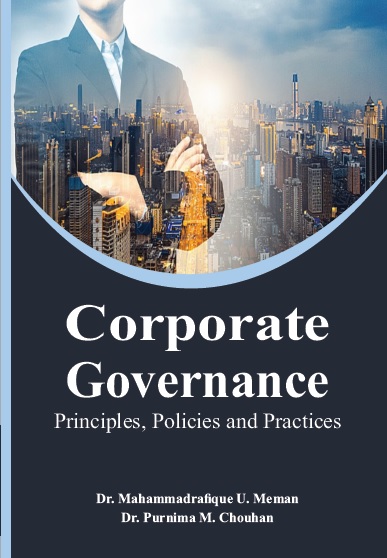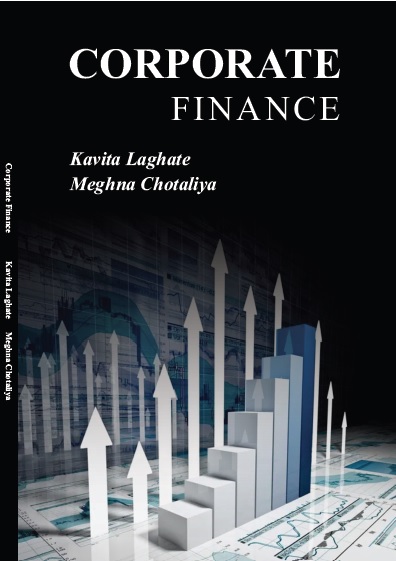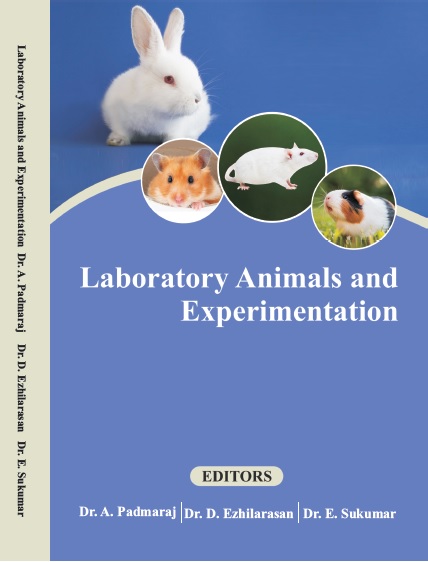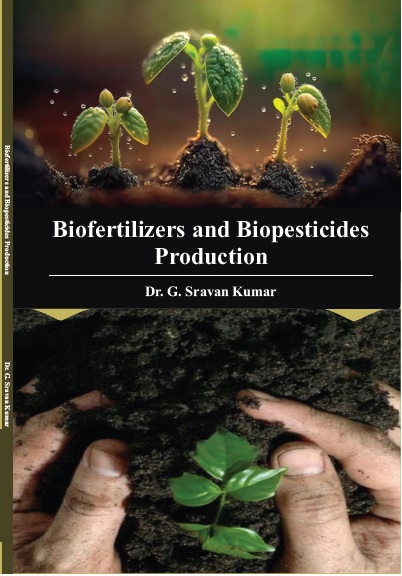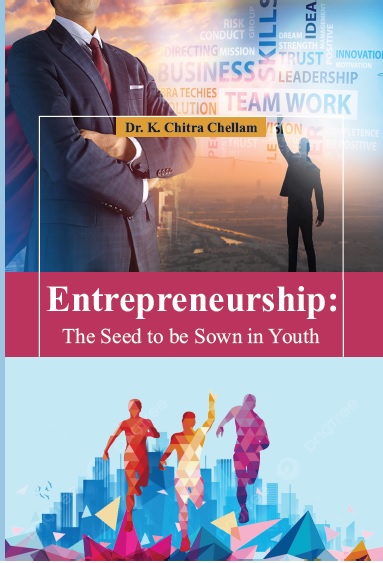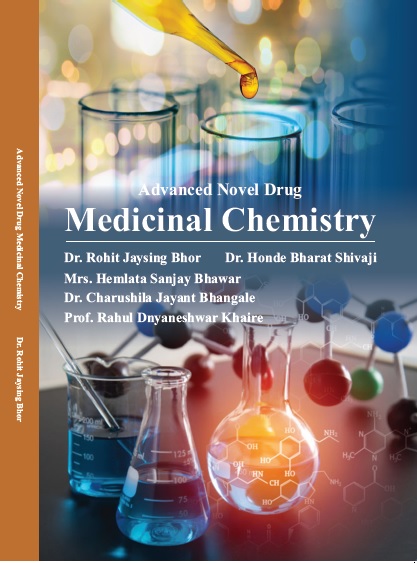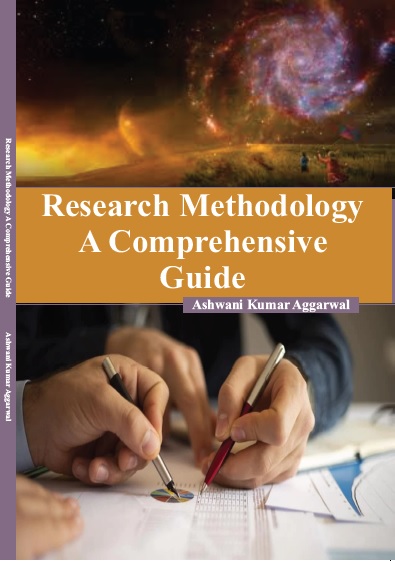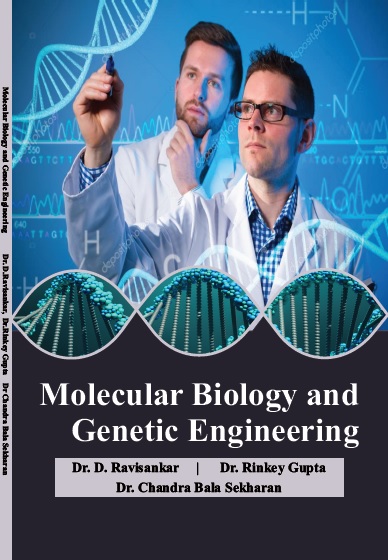SOCIAL SCIENCE AND HUMANITIES
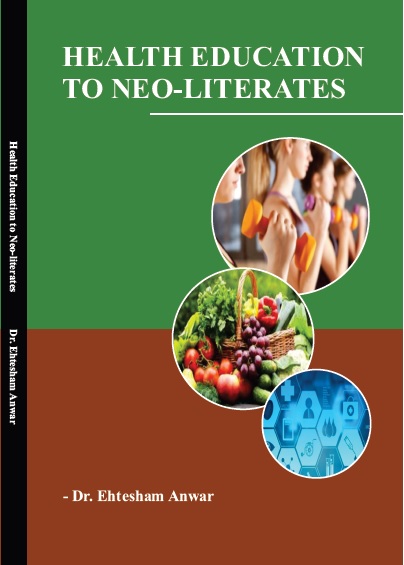
Health Education To Neo-literates
by Dr. Ehtesham Anwar
ISBN Number : 978- 1-63045- 703-7
Authors Details
| Author Name | Image | About Author |
|---|---|---|
| Dr. Ehtesham Anwar | 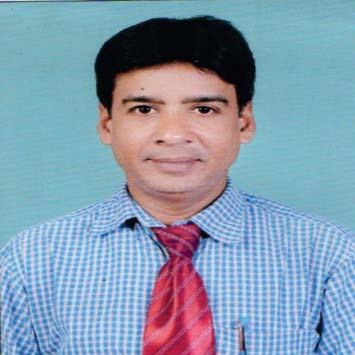 |
Dr. Ehtesham Anwar has obtained his higher education from Aligarh
Muslim University, Aligarh. He did Ph.D in Education under able guidance
of Professor Dr. Nasreen, Department of Education, AMU, Aligarh. He has
developed a curriculum on health education for neo-literate women to
create awareness among them regarding the attitude, habits and practices
of maintaining health as well as to instill the fact in their minds that
achieving good and sound health is not expensive, rather it depends on the
nutritional values of common and simple food elements easily and
economically available to mankind and good food habits. Dr. Ehtesham
Anwar has served Integral University, Lucknow on various teaching posts
for about nine years to the best of his capacity. He has guided several students for pursuing their M.Ed
dissertations as well as researches in Education. Dr. Ehtesham has read papers in various national and
international seminars/conferences and published research papers in various referred and peer reviewed
journals of national and international repute. He is presently working as principal of Bibi Aasia Begum
Teachers' Training College, Phulwarisharif, Patna. |
Book Description
It is undoubtedly true that the more a country is literate and educated, the more developed and progressive it is. The basis of educational organisation of almost all the countries in the world has been the child education, but equally important is the fact that if a child could not plunge into the pure stream of education during his childhood, then to deprive his future adult life of education totally is almost like a moral and social crime as education is the creative aspect of human ideas and behaviour and until this creative aspect appears as majority, our society will remain disorganised and disrupted. For the first time after independence, in the year 1977, the Department of Education, Government of India, declared that the adult education will be given high priority in educational planning, along with the primary education. Thereafter Adult Education Programme was auspiciously launched at national level or 2nd October, 1978. Adult education movement should offer vital inputs to bring about desired changes in the attitudes and perception of women without which empowerment of women is not possible. It is because of the fact that education empowers people to think rationally and logically. Further, it is known that women's educational level and the health status is closely linked and there is direct relationship between them.. It is why I fell that the objective of empowering a woman through education can better be realized by imparting then health education also in order to improve her health status. Health in the context of women needs special and basis because women's health has far reaching consequences, much beyond women as individuals therefore, it is of prime importance for women as an individual to grow and achieve her maximum potential, in her unique role as a mother where her health status affects the new born, in the family where the members are dependent on her for care and as an equal contributor to the development and advancement of the country. In fact because of the many diverse roles a woman adopts, her health must be given the foremost priority. A balanced diet is a must as it provides all essential nutrients in the required amounts and proper proportions. Nutrients that we obtain through food have vital effects on physical growth and development maintenance of normal body functions, physical activity and health. Thus the diet must provide adequate calories, proteins and minerals for health and achieving the maximum growth potential. Not only poverty but ignorance is perhaps the most important single factor underlying malnutrition and several diseases. To improve the nutritional status especially in rural areas, it is essential that women should have sound nutritional knowledge, favourable attitudes and healthy dietary practices. Thus, there is an urgency of removing misconceptions regarding diets in terms of qualities and quantities and their nutritional abilities. It is the great need of the hour. Despites, good food habits have a significant role in enriching the benefits of nutrients to the body. Food with high nutritional value may be harmful if it is taken unhygienically and untimely. Keeping these attitudes and habits into consideration I felt the need to develop a curriculum on health for neo-literate women who possess the basic abilities of reading and writing. I hope this book including the short stories on health shall be much enlightening to the neo-literates as a source of knowledge pertaining to health. Moreover the work shall serve as a guiding force for the research scholars who want to create awareness among neoliterates in other areas of human life. 5 This book is gratefully dedicated to Professor (Dr) Nasrin, Department of Education, Aligarh Muslim University, Aligarh under whose valuable and generous guidance I could be awarded my Ph.D in Education.



